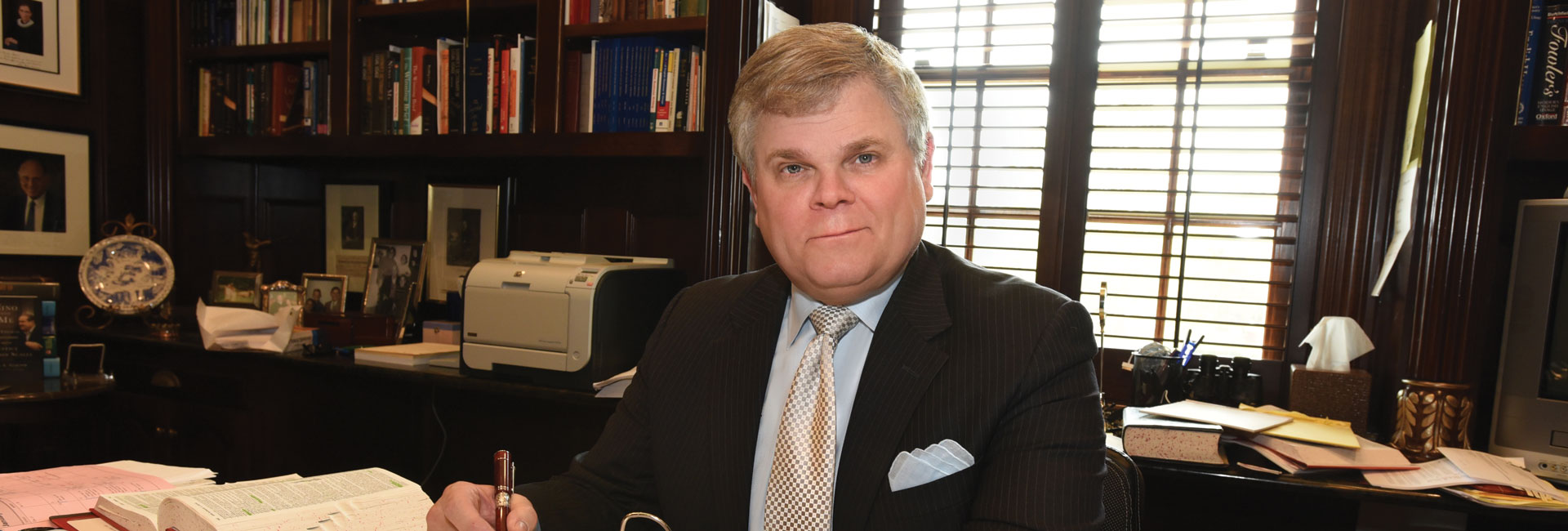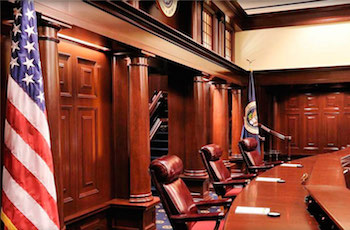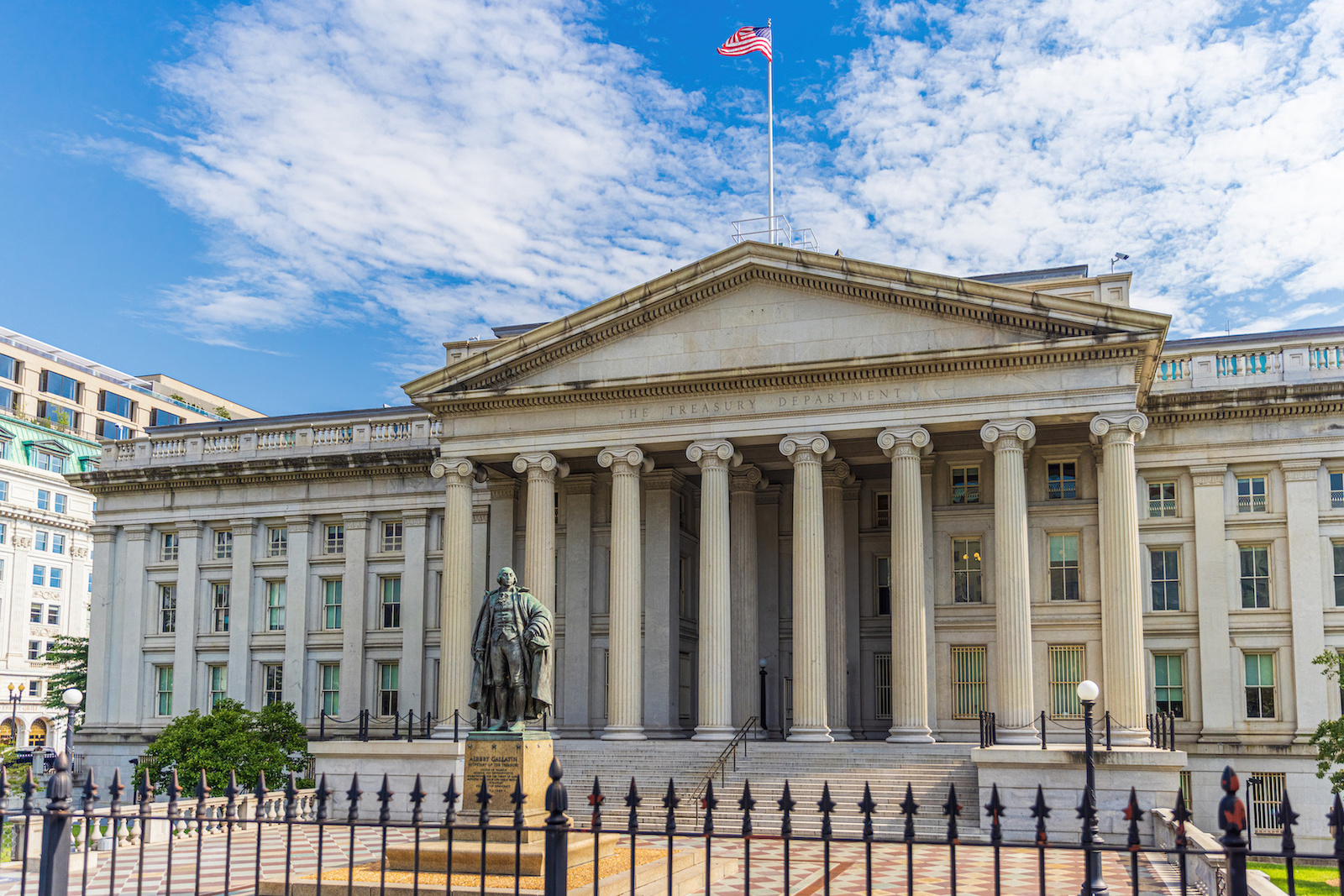A New Year With Familiar Questions
What will the election year hold for tax policy? TaxNotes surveys the tax policy landscape (paywall) in 2024. Large portions of the Tax Cuts and Jobs Act are scheduled to expire in 2025, and if they’re renewed, how will they be paid for? And what will the next president do about the Organization for Economic Cooperation and Development’s global tax reform agreement—include a global corporate minimum tax of 15 percent? TPC’s John Buhl said Congress and the next president face tough choices: Will they “push back? Could there be a trade war? There’s a Pandora’s box sitting right there. They probably won’t talk about it on the debate stage, but it will be important.”
What’s the right way to characterize income inequality? TPC’s Bill Gale and Samuel Thorpe and Brookings Institution’s John Sabelhaus review competing approaches, one used by Thomas Piketty, Emmanuel Saez, and Gabriel Zucman, versus a different set of assumptions employed by Gerald Auten and David Splinter. The two teams both consider national income using tax-return-based data but generate contrasting results. Gale, Thorpe, and Sabelhaus offer a primer on what drives the differences.
Why are big-time college sports revenues exempt from income tax? TPC’s Howard Gleckman raises the question and finds a weakening link between major college sports and the tax-exempt purpose of public and tax-exempt colleges: education. “If the IRS won’t make them pay under current law,” argues Howard, “Congress should change the law.”
Tax policies could be on the November ballot in Washington State. A conservative group called Let’s Go Washington has submitted a petition with nearly 420,000 signatures to the Secretary of State’s office. The petition calls for ballot measures that would repeal the state’s capital gains taxand its carbon-pricing system for greenhouse gas emissions, while another would bar cities or counties from adopting an income tax.
Kansas shoppers now pay a lower sales tax on groceries. The next scheduled reduction in the state’s grocery tax went into effect yesterday. The sales tax rate for groceries was lowered from 6.5 percent to 4 percent at the beginning of 2023. The rate will be 2 percent this year. State sales taxes on groceries are scheduled to be zeroed out at the beginning of 2025—local government taxes in Kansas would still apply. Gov. Laura Kelly (D) says this will help shoppers save $150 million this year.
The Daily Deduction will next be published on Monday, January 8.
For the latest tax news, subscribe to the Tax Policy Center’s Daily Deduction. Sign up here to have it delivered to your inbox weekdays at 8:00 am (Mondays only when Congress is in recess). We welcome tips on new research or other news. Email Renu Zaretsky at [email protected].






